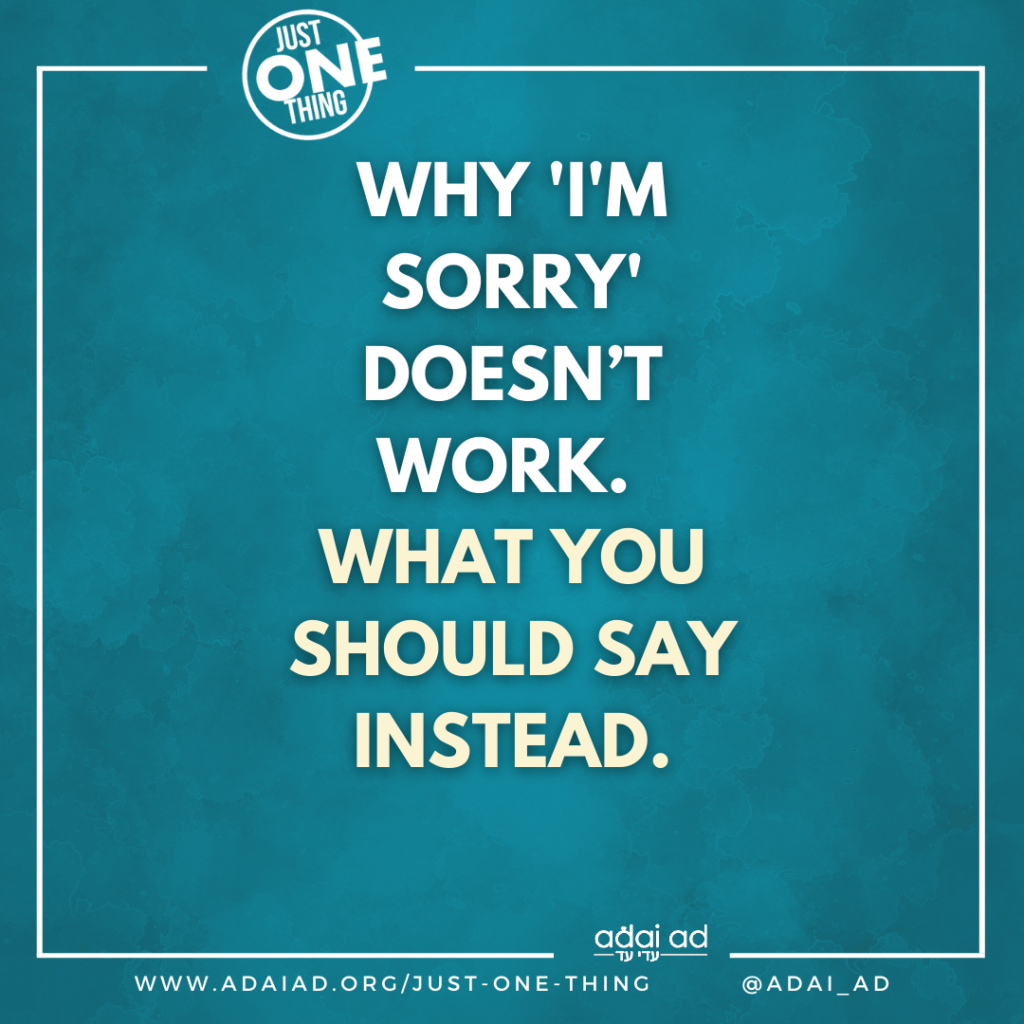Too often, when we say “I’m sorry,” it’s less about genuine remorse and more about wanting to stop the other person from being upset.
But what people truly want when they feel hurt is to feel understood, not just hear an apology. So if you’ve hurt someone, even unintentionally, start by understanding their perspective. Then, when you apologize, it carries more meaning because it shows you grasped what happened and how you can improve.
A great way to do this is with the “mirror method.” It works best when both people understand and commit to using it.
Here’s how it works: when the other person is upset, instead of rushing to apologize (or defend yourself), ask, “What’s your take on this? How do you feel?” This opens the conversation to genuine understanding.
Then, mirror back what they said without solving or apologizing right away. Simply reflect: “So, from your view, this happened, and you felt this way. Did I get it right? Am I missing something?”
The person can clarify or add more. Keep listening and mirroring until they feel heard. At that point, your apology will have real impact.
True connection happens when both sides focus on understanding each other, not just avoiding discomfort. It builds trust and deepens the relationship, allowing both people to feel genuinely valued.


